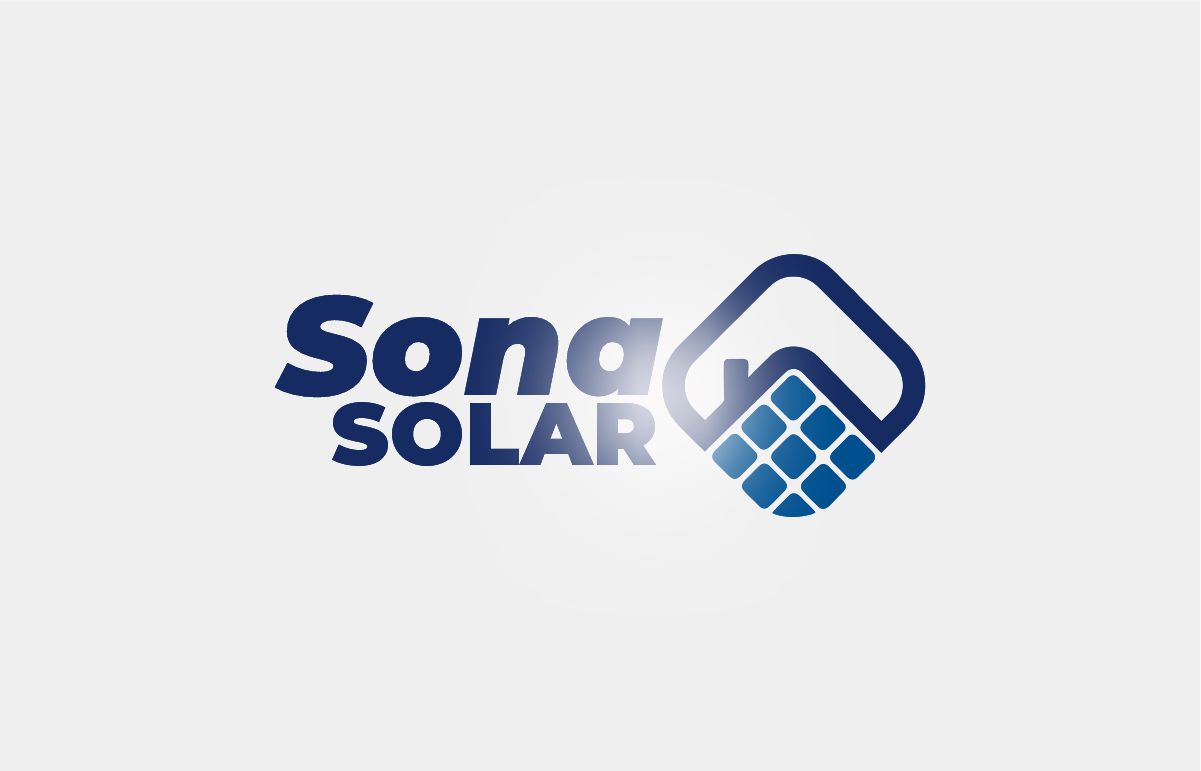How Many Batteries Do I Need for a 3kVA Inverter in Zimbabwe?
A 3kVA solar system is a popular choice for Zimbabwean homes, but the key to unlocking its full potential is a correctly sized battery bank. This detailed comparison explores the factors that determine your battery needs and provides clear examples to help you make the perfect choice for uninterrupted power.

The 3 Key Factors That Determine Your Battery Needs
This is the most crucial factor. How long do you need power during an outage? Are you looking for a few hours of backup to get through evening load shedding, or do you need to run your essentials throughout the entire night?
The total wattage of the appliances you plan to run simultaneously on battery power will significantly impact your needs. A system powering just lights and a TV requires far less battery capacity than one also running a refrigerator and a freezer.
The capacity of your chosen battery, measured in Amp-hours (Ah) and voltage (V), determines how much energy it can store. Modern LiFePO4 (lithium) batteries are the industry standard due to their high efficiency and long lifespan.
Step-by-Step Battery Sizing
Step 1: Estimate Your Load (in Watts)
A 3kVA inverter can handle a continuous load of approximately 2,400 Watts (3000VA x 0.8 power factor). Determine the total wattage of the appliances you'll run simultaneously.
Step 2: Calculate Energy Needed (in Watt-hours)
Multiply your estimated load by your desired backup time. For example, to run a 600W load for 6 hours: 600W x 6 hours = 3,600Wh.
Step 3: Choose Your Battery & Find its Capacity (in Wh)
A typical 3kVA system uses a 24V battery bank. To find the energy of a 100Ah, 24V battery: 100Ah x 24V = 2,400Wh.
Step 4: Determine the Number of Batteries
Divide the total energy needed by the capacity of one battery: 3,600Wh / 2,400Wh = 1.5. In this case, you would need **two** 100Ah 24V batteries to meet your needs.
Real-World Examples for a 3kVA System
- Load: Lights, TV, Wi-Fi, charging phones (Approx. 400W).
- Backup Time: 6 hours.
- Calculation: 400W x 6h = 2,400Wh needed.
- Result: **One** 100Ah 24V lithium battery (2,400Wh) is a perfect match.
- Load: All essentials plus a large fridge and a deep freezer (Approx. 800W).
- Backup Time: 8 hours overnight.
- Calculation: 800W x 8h = 6,400Wh needed.
- Result: You would need **three** 100Ah 24V lithium batteries (3 x 2,400Wh = 7,200Wh) to comfortably cover this load.
Expert FAQs
Lithium batteries are the industry standard for their long lifespan (10-15+ years), high efficiency, superior safety, and maintenance-free operation. They allow for deeper discharging (DoD) without damage, meaning you get to use more of their stored energy, providing the best long-term value.
It is strongly advised not to mix old and new batteries, or batteries of different capacities or brands. Doing so can lead to charging imbalances, reduced performance, and a shorter lifespan for the entire battery bank.
While these calculations provide a great estimate, a professional installer from Sona Solar Zimbabwe will conduct a precise energy audit. We account for factors like inverter efficiency, appliance surge currents, and your specific lifestyle to design a system that is perfectly tailored to your needs, ensuring reliability and performance.
Common Questions and Popular Searches
Explore Answers To Frequent Questions And Discover Resources For Your Solar Journey:
1kVA Inverter Load Guide
Load guide for small households.
2kVA System Load Capacity
Powering essentials in medium homes.
3kVA System Panel Count
Understand solar array sizing.
3kVA Inverter Load Guide
Appliance guide for a typical household.
Best 3kVA Inverter Brand
Compare reliability and warranties.
3kVA Appliance Load Guide
Understand simultaneous load capacity.
3kVA Powering Motor Loads
Guidance on handling motor loads.
Choosing the Right Inverter
Matching inverters to your specific load.
Match Panels to Inverter
Tips for optimal system performance.
3.5kVA Inverter Load Guide
Explore residential setup capabilities.
Best Solar Panels Zimbabwe
Analysis of performance and durability.
Solar Companies Zimbabwe
Customer service and reliability.
Best Solar Panel Brands
Guide for home and business solutions.
Solar Installers Zimbabwe
Professional and certified installers.
3kVA System Cost Guide
Get pricing information for Zimbabwe.
5kVA System Cost Guide
Budget requirements for systems.
Contact Our Sales Team:

Sona Solar Zimbabwe
Address:
7 Frank Johnson Avenue, Eastlea, Harare, Zimbabwe.
Call/WhatsApp:
Sales:
+263 78 293 3586
Sales:
+263 78 922 2847
Operations:
+263 78 864 2437
Email:
sonasolarzw@gmail.com
Website:
www.sonasolar.co.zw

Borehole Experts Zimbabwe
Address:
7 Frank Johnson Avenue, Eastlea, Harare, Zimbabwe.
Call/WhatsApp:
Sales:
+263 77 389 8979
Sales:
+263 71 500 3777
Operations:
+263 71 918 7878
Email:
boreholeexpertszw@gmail.com
Website:
www.boreholeexperts.co.zw

Follow Our Social Media Icons
TikTok Pinterest YouTube Telegram WhatsApp